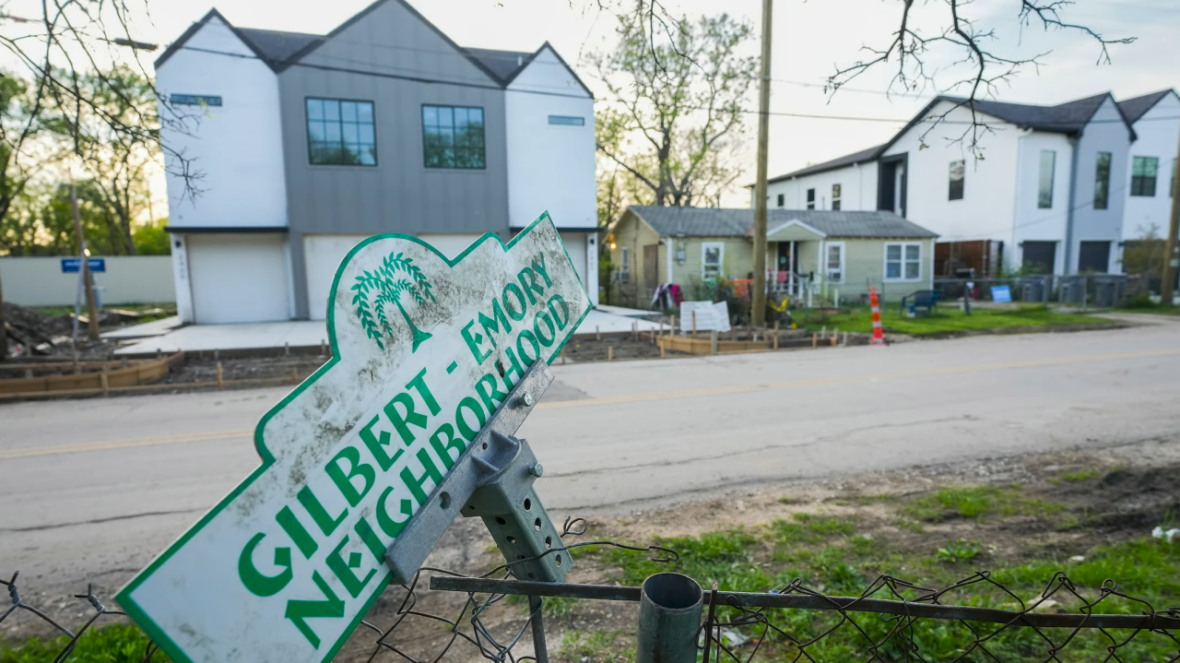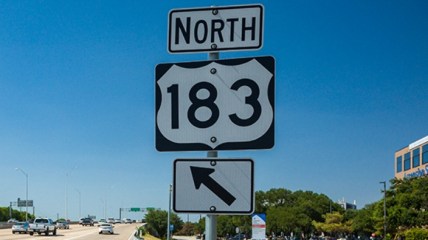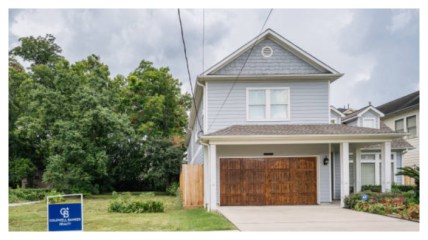Historically Black neighborhood watches itself disappear
Dallas historian Donald Payton says gentrification like that in Gilbert-Emory is common nationwide. It's a story, he said, about the fight to endure and protect in the face of development in traditionally Black communities.
A historically Black neighborhood in Dallas is watching itself vanish as gentrification continues to sweep in.
Gloria Johnson’s residence is in West Dallas’ Gilbert-Emory neighborhood, one of the city’s most sought-after areas. According to The Dallas Morning News, the community received its name for Cecil and Helen Emory and Nathan and Margaret Gilbert, two Black families who ran grocery stores that provided food for the locals during a time when segregation prevented them from doing their shopping in white districts.
Many old homes in the formerly redlined area have already been destroyed by the swift gentrification sweeping through Dallas. Johnson believes developers have taken the historically Black neighborhood’s identity.

“We actually feel like the place that time has forgotten,” said Johnson, who believes developers are trying to force her out of the neighborhood, the Morning News reported. “Not important. Not significant. They don’t care.”
While many of Johnson’s childhood friends no longer reside in the area, she wishes to remain on the land her father worked two jobs to acquire.
According to census block data, roughly half of the neighborhood’s population was Black in 1990. Black people now make up only one-fifth of its populace.
Dallas historian Donald Payton noted that the issue Gilbert-Emory residents face is common nationwide. The story, he said, is about the fight to endure and protect in the face of costly development that puts housing in traditionally Black communities in danger.
According to research, Black homeownership rates in Dallas are significantly lower than white ones. Payton says the effect is a loss of Black culture, generational wealth and community.
“When you say gentrification, that’s a new word,” Payton contended, the Morning News reported. “At one time it was called ‘urban renewal,’ then it was called ‘urban redevelopment,’ and then it all boils down to relocation.”
Greater Mount Pilgrim Church is the largest church in Gilbert-Emory. While most congregants have moved to other neighborhoods, Pastor Ned Armstrong asserted that the church is here to stay.
Armstrong said Greater Mount Pilgrim had had a few new visitors after contacting neighbors and passing out fliers containing church information. However, he also noted that a few weeks ago, one of the church’s neighbors complained about noise, which was upsetting. For parishioners who sit outside, speakers are positioned on the structure and project the sermons and musical selections into the parking lot.
Armstrong said the church attempted to purchase the property across the street, where the Frederick Douglass School stood years ago. The school — which produced its own set of teachers and even a school principal — was so significant that many longtime neighbors still use the abolitionist’s name when talking about the neighborhood.
Some residents in the neighborhood wanted to see the land developed into a city park after the school closed in 1980. Armstrong yearned for a neighborhood center. However, Dallas Independent School District sold the land to a private developer for $1.7 million six years ago.
A street sign pointing to a housing development is the only clue that a school once stood there. The site of one of the first Black schools in Texas is now home to 27 gray townhomes with asking prices over $500,000.
“They came in, and we can’t compete with those guys. They have millions of dollars,” Armstrong said, the Morning News reported. “Next thing we know, it was sold. Boom. No notice. Man, really. That was pretty cruel.”
TheGrio is FREE on your TV via Apple TV, Amazon Fire, Roku and Android TV. Also, please download theGrio mobile apps today!


